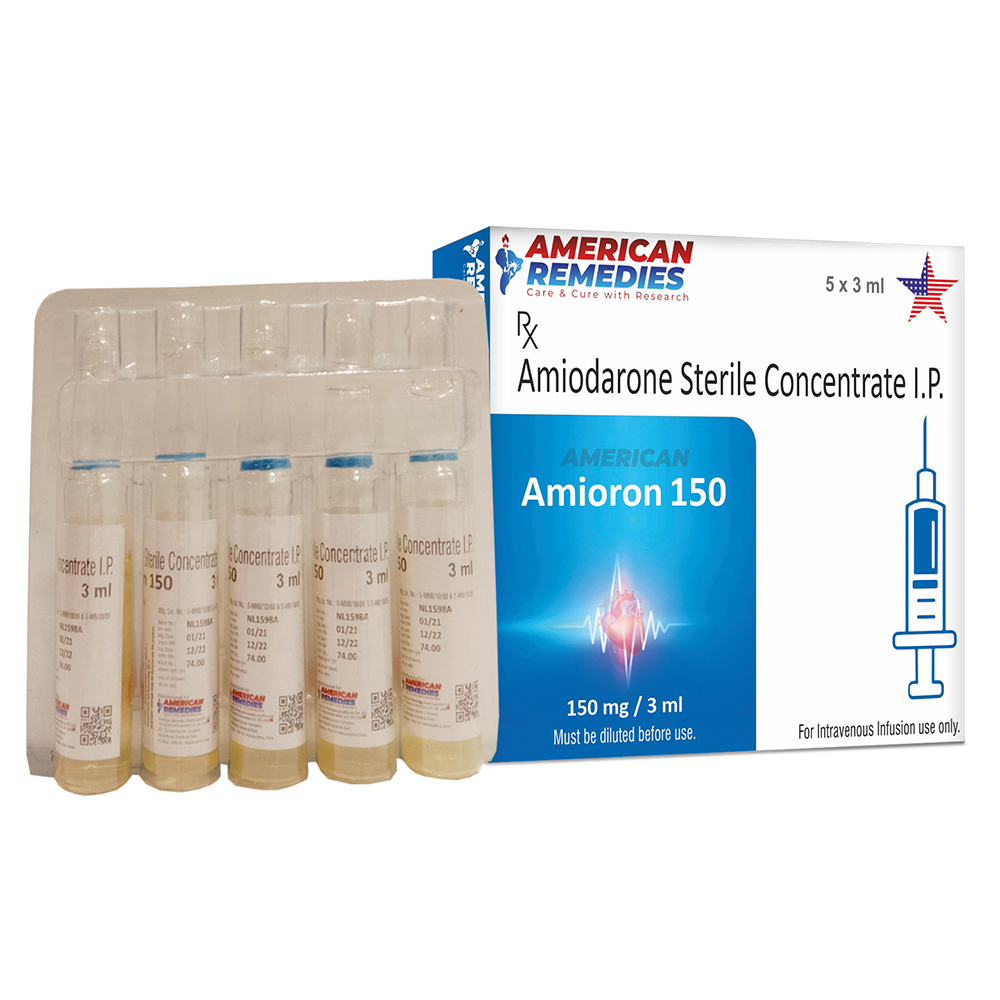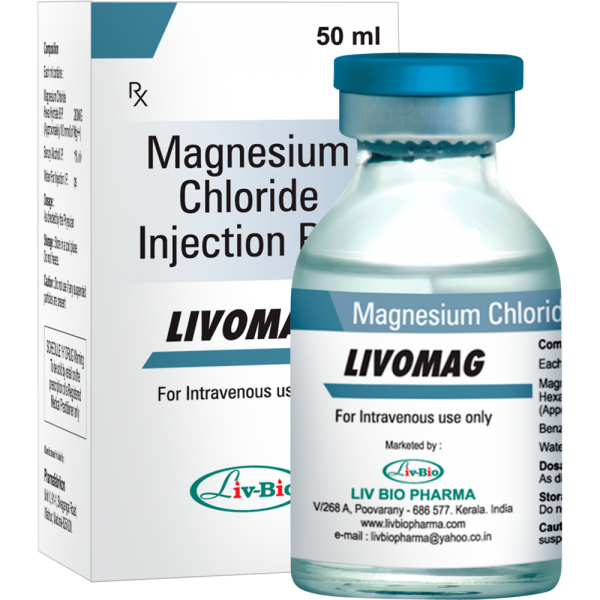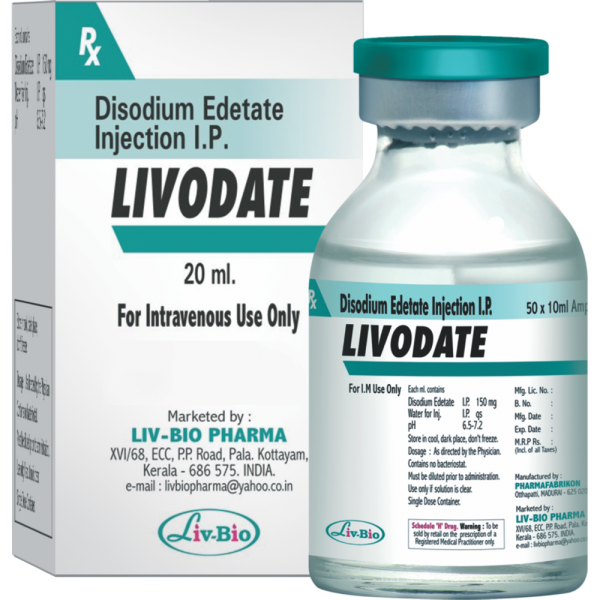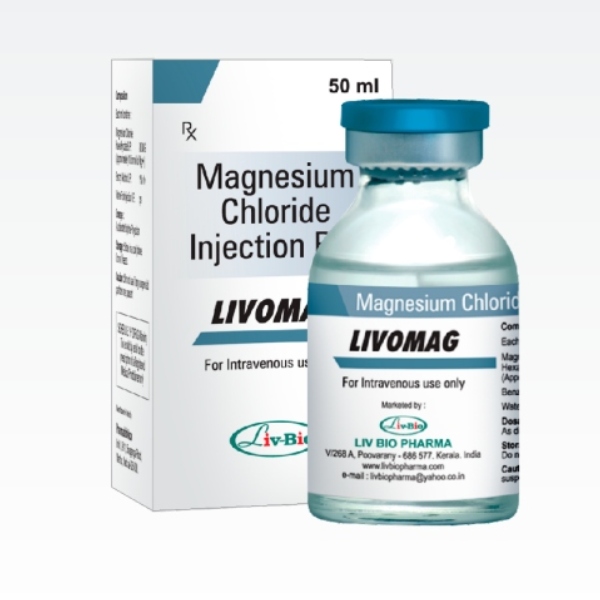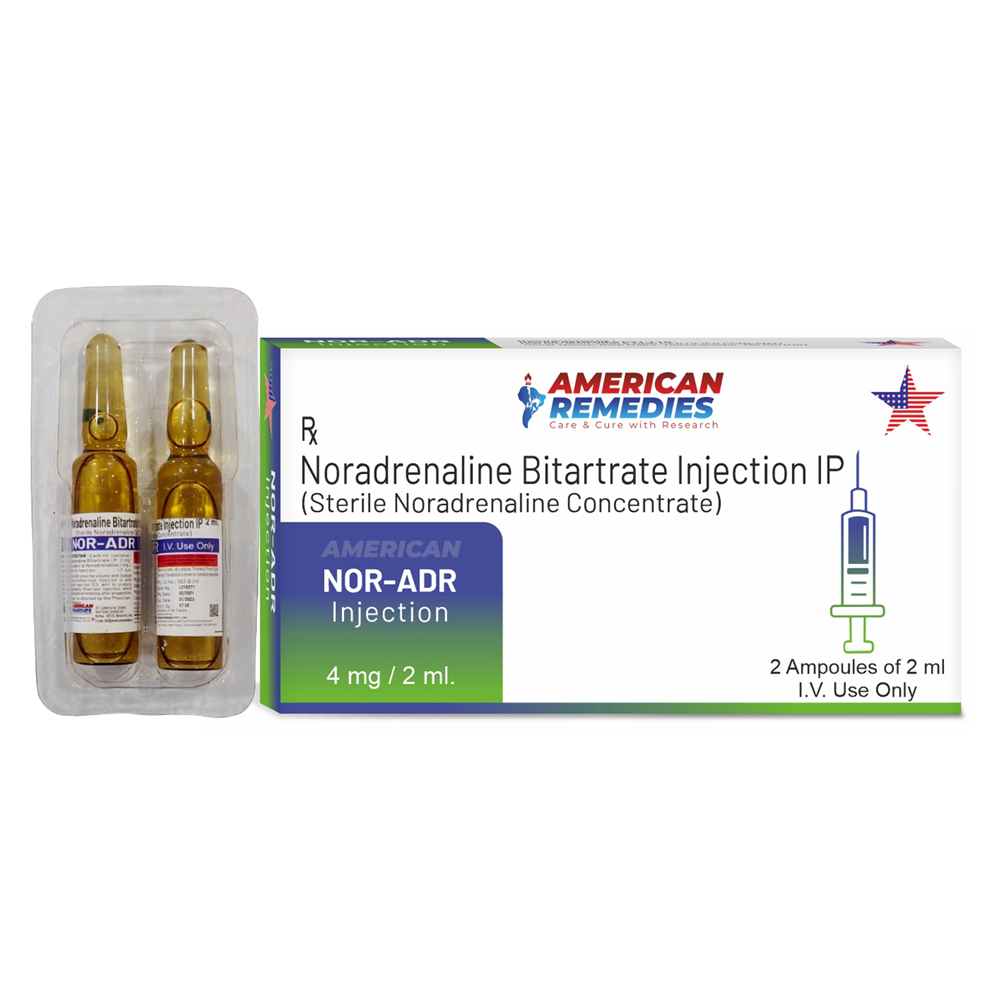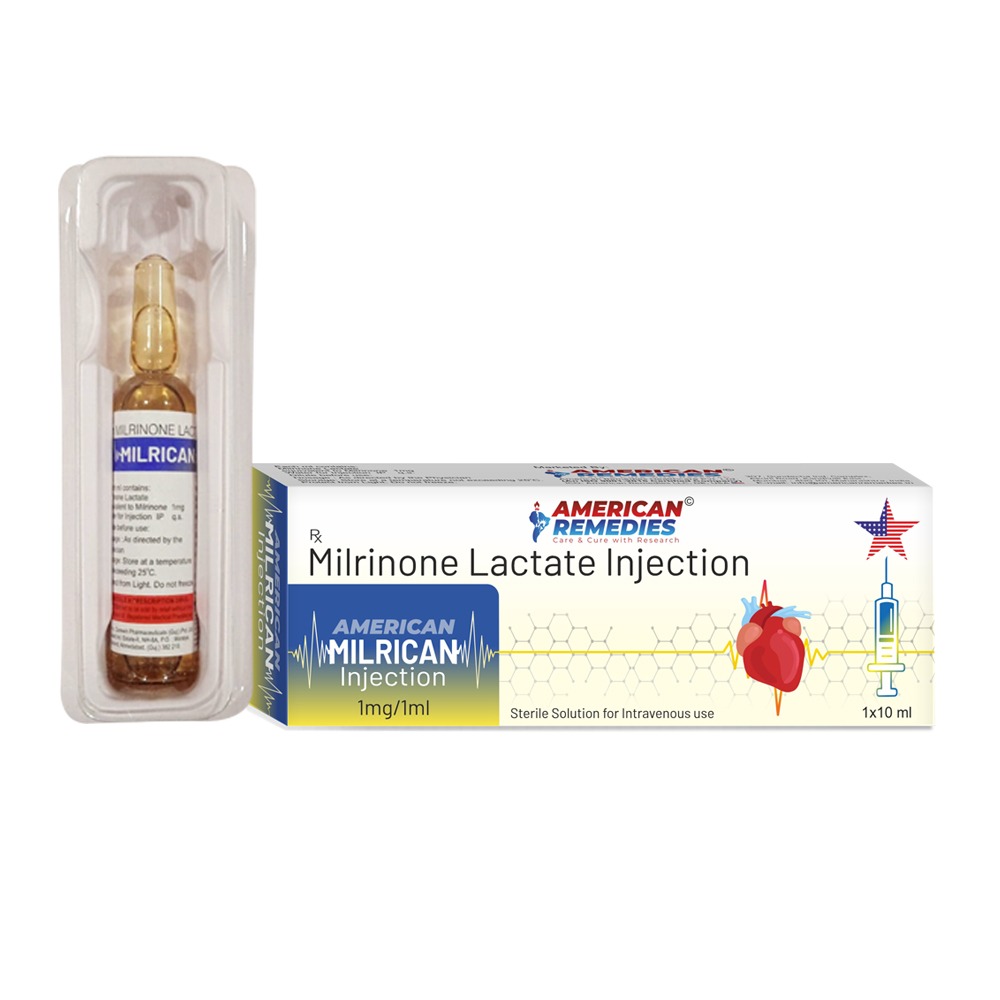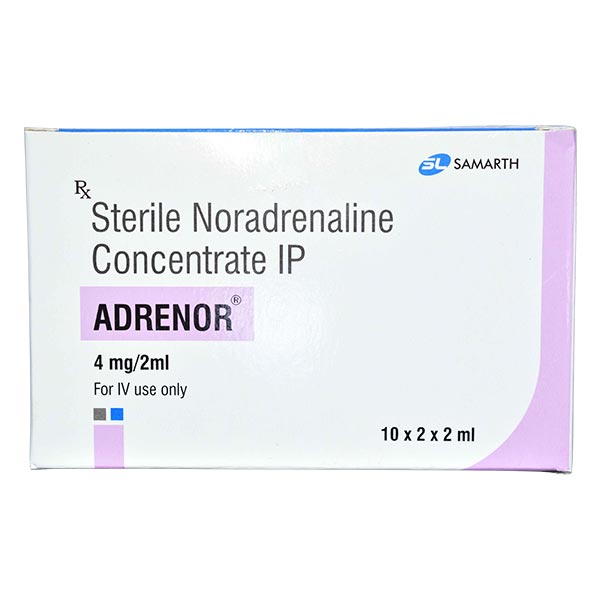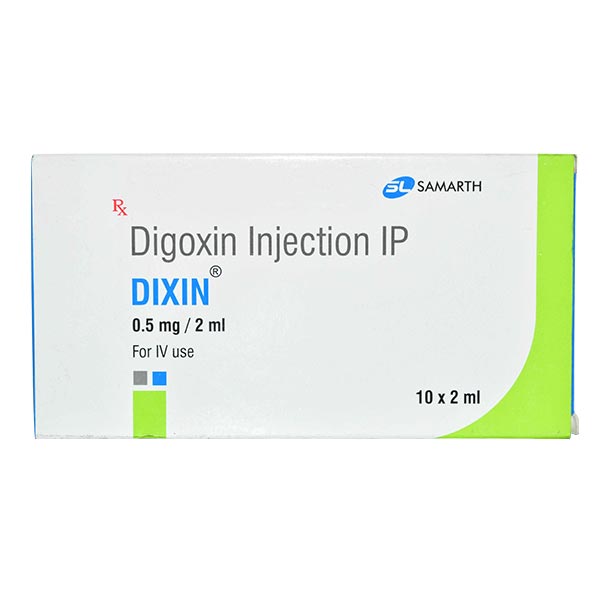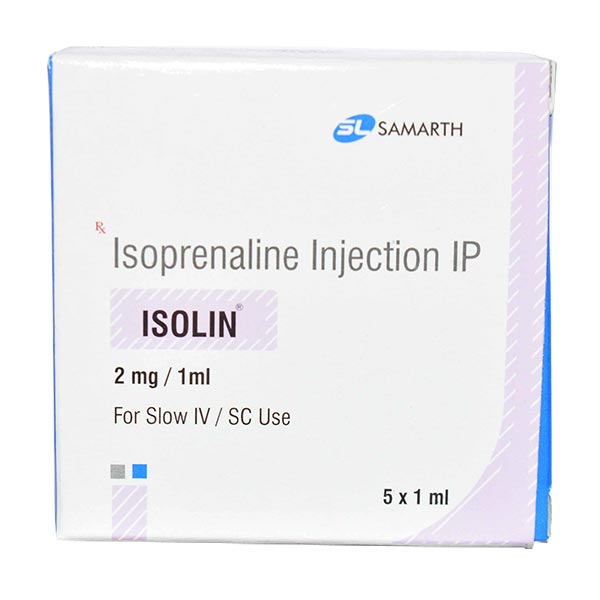Amioron Injection is a prescription medication primarily used to manage serious cardiac arrhythmias, particularly life-threatening ventricular arrhythmias. ________________________________________ 🩺 Primary Uses • Ventricular Fibrillation (VF): A life-threatening irregular heart rhythm originating in the ventricles. • Ventricular Tachycardia (VT): A rapid heart rate originating from the ventricles, which may be unstable and require immediate treatment. Amioron is classified as a Class III antiarrhythmic agent and works by inhibiting certain electrical impulses in the heart, thereby stabilizing the heart rhythm. ________________________________________ ⚠️ Side Effects Common side effects may include: • Injection site reactions (pain, redness, swelling) • Dizziness or lightheadedness • Fatigue • Nausea Serious side effects can occur, including prolonged QT interval, hypotension, or worsening arrhythmias. Regular monitoring by healthcare professionals is essential during treatment. ________________________________________ 💊 Administration Amioron Injection is administered intravenously under strict medical supervision, typically in a hospital or emergency care setting. The dosage and duration depend on the specific cardiac condition and patient response. ________________________________________ ⚠️ Precautions • Inform your doctor if you have a history of thyroid disorders, liver disease, or respiratory issues. • Regular ECG monitoring is recommended during treatment. Use during pregnancy or breastfeeding should be discussed with a healthcare provider
Send Message